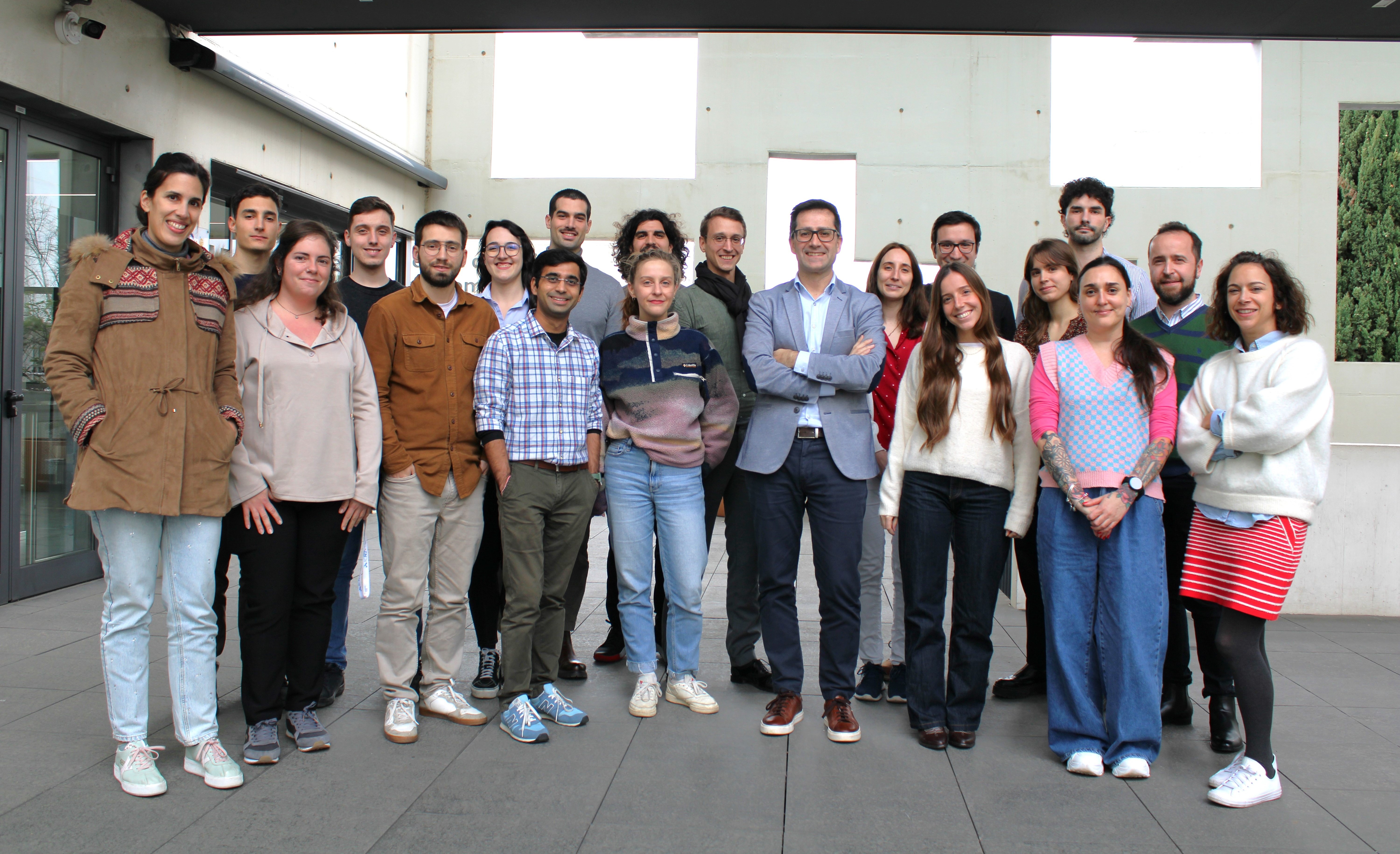Advanced Electronic Materials and Devices
Group Leader: Jose Antonio Garrido

-
Technology and micro/nanofabrication for advanced electronic devices and systems based on 2D materials
-
Chemical vapour deposition (CVD) of graphene and metal-organic CVD of transition metal dichalcogenide (e.g. MoS2) films
-
Fundamental electronic and electrochemical phenomena of 2D materials
-
Bioelectronics and biomedical technologies: neural interfaces, neuroprosthetics, cell bioelectronics
-
Electronic and electrochemical biosensors

Led by ICREA Research Prof. Jose A. Garrido, the Advanced Electronic Materials and Devices group aims to explore fundamental electronic and electrochemical phenomena of novel materials, with a current particular emphasis on graphene and other 2D materials (e.g. MoS2), and to develop the fabrication and processing technologies necessary to prepare advanced electronic devices and systems based on them. A major focus of our work are applications related to neural interfaces and neuroelectronics.
Group Leader

Jose Antonio Garrido
ICREA Research Professor, Group Leader and Vice Director
joseantonio.garrido@icn2.cat
Jose A. Garrido is an ICREA Research Professor and leader of the ICN2 Advanced Electronic Materials and Devices Group, which explores novel electronic materials, such as graphene and other 2D materials, and their potential in electronic and bioelectronic applications.
He received his Master’s and PhD degrees in Telecommunication Engineering from the Universidad Politécnica de Madrid in 1996 and 2000, respectively. From 2001 to 2004 he worked as a postdoc at the Walter Schottky Institute, Technische Universität München (Germany). He obtained his habilitation in experimental physics at this university in 2010 and from 2011 to 2015 held a lecturer (Privatdozent) position at its Department of Physics.
In 2015 Jose A. Garrido joined the ICN2 where, in addition to his role as Group Leader, he is Vice-Director. He is the coordinator of thei-VISIONproject funded byLa Caixa Foundation, where 5 institutions join forces in the development of a retinal implant to restore vision. Since October 2022, he has also coordinated the EIC Pathfinder MINIGRAPH project, in which 7 institutions from 5 countries work together to develop and validate a new generation of brain implants with closed-loop neuromodulation capabilities enabled by high-density arrays of graphene microelectrodes.

